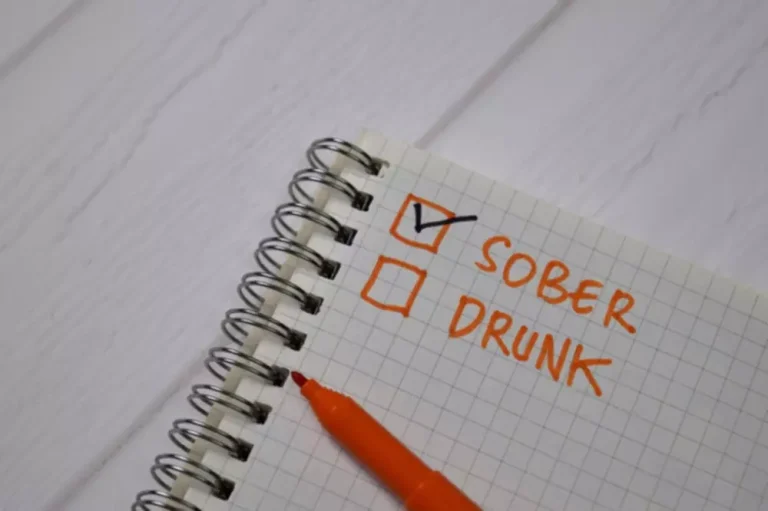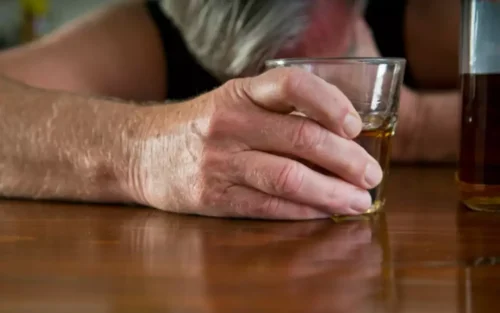
Binge drinking is defined by many experts as consuming alcohol in a pattern that produces a blood alcohol concentration (BAC) of 0.08 grams percent or above. This means roughly five drinks to a man and four to a woman in approximately two hours. This may work for many people, but in practice each individual will respond best to a different pace, and each doctor will have their own recommendations. The risk of tapering too slowly is that you won’t stick with it, while the risk of tapering too fast is severe withdrawal.
Signs that you may be binge drinking include:
Distance yourself from people who don’t support your efforts to stop drinking or respect the limits you’ve set. This may mean giving up certain friends and social connections. Let friends, family members, and co-workers know that you’re trying to stop or cut back on drinking. If they drink, ask them to support your recovery by not doing so in front of you.
Sample Alcohol Tapering Schedule
People with alcohol use disorder should be monitored by a medical professional when withdrawing from alcohol. Moderate to heavy drinkers can also benefit from medical supervision in the acute withdrawal stage. Moderate or binge drinkers can likely quit alcohol on their own. However, medical complications can occur during the acute phase of withdrawal. For most people, alcohol withdrawal symptoms will begin sometime in the first eight hours after their final drink. If you’re a long-term, heavy drinker, you may need medically supervised detoxification.

Seek Effective Treatment for Binge Drinking
- Understanding the effects of binge drinking can increase your motivation to cut back on how much alcohol you consume in one sitting.
- It’s not uncommon for people to get defensive when others point out their unhealthy drinking habits.
- Try to remain neutral and don’t argue, lecture, accuse, or threaten.
- However, for many people with alcohol use disorder, tapering off alcohol is a far better experience than quitting abruptly.
- Make sure your support system includes someone you can call at any hour to help you through cravings, triggers, or depression.
- Many people find it helpful to share their stories and listen to others who are struggling.
You may also consider joining an online support group to help you feel less alone. Satisfying hobbies can distract you from wanting to drink, but they also help you relax — something everyone needs to do. From month-long sobriety challenges to the Sober Curious movement, more and more people are taking a closer look at the role alcohol plays in their lives. Remember that even though alcohol use is normalized in our culture, no amount of alcohol is good for you.
This program is meant for anyone who wants to change their relationship with alcohol, whether that means cutting back or quitting altogether. Certain personality traits can make you more prone to engage in binge drinking. If you’re a highly impulsive person, you may be more likely to reach for another drink without stopping to think about the consequences. https://ecosoberhouse.com/ If you’re the type of person who likes to seek out novel sensations and situations, you might also be more willing to engage in risky drinking habits. People often use binge drinking as a way to self-medicate symptoms of depression, anxiety, and stress. You may do it as a way to relax after a difficult day at work or blow off steam after college exams.

In times of stress, hardship, or loss, help your loved one find better ways to cope with negative emotions. If they’re going through a breakup or job loss, for example, be there to listen and assure them that things will get better. Instead of going to a bar where they can “drown their sorrows,” offer other alternatives, like taking a hike together or going on a road trip.
Find new meaning in life
Support groups, from Alcoholics Anonymous to SMART Recovery, are one free way to find a community of people on the same journey. There are also a number of anti-craving medications to help you avoid drinking again, or even help with your tapering process. Finally, finding a therapist or a recovery coach can help you develop new coping mechanisms and move forward in your life. Creating a tapering schedule you can stick with is a crucial part of weaning yourself off alcohol. The best schedule varies based on how much you drink each day and your overall health.

Frustrating Ways Alcohol Makes You Gain Weight
As you start to prioritize your alcohol use, it can have a negative effect on your work, school, or social life. You might try cutting back on your drinking but find that you suffer headaches, fatigue, anxiety, or irritability on the days when you don’t drink. Only about 10 percent of people how to stop binge drinking who binge drink struggle with a dependence on alcohol. However, the more frequently you binge drink, the more at risk you are of developing an alcohol abuse problem. When you hear the term “binge drinking,” you may picture underage drinking at high school or wild college parties.
There are many factors that influence our relationship with alcohol, including social factors, genetic predispositions, mental health conditions, and beyond. There are many scenarios in which a few drinks with your friends can quickly lead to excessive alcohol consumption, which has both short- and long-term effects on your physical and mental health. Learning how to stop binge drinking is possible, and may involve reshaping your relationship with alcohol by making behavioral changes, setting goals, and seeking effective treatment.

Studies show that binge drinking can affect your working memory, which is your ability to store short-term information and keep track of what you’re doing. Pregnant women who binge drink can affect their child’s physical and cognitive development. A child with FASD might experience heart or bone problems, reduced attention span and memory, or learning disabilities. Research suggests that alcohol consumption is also a risk factor for sudden infant death syndrome. Understanding the effects of binge drinking can increase your motivation to cut back on how much alcohol you consume in one sitting.
